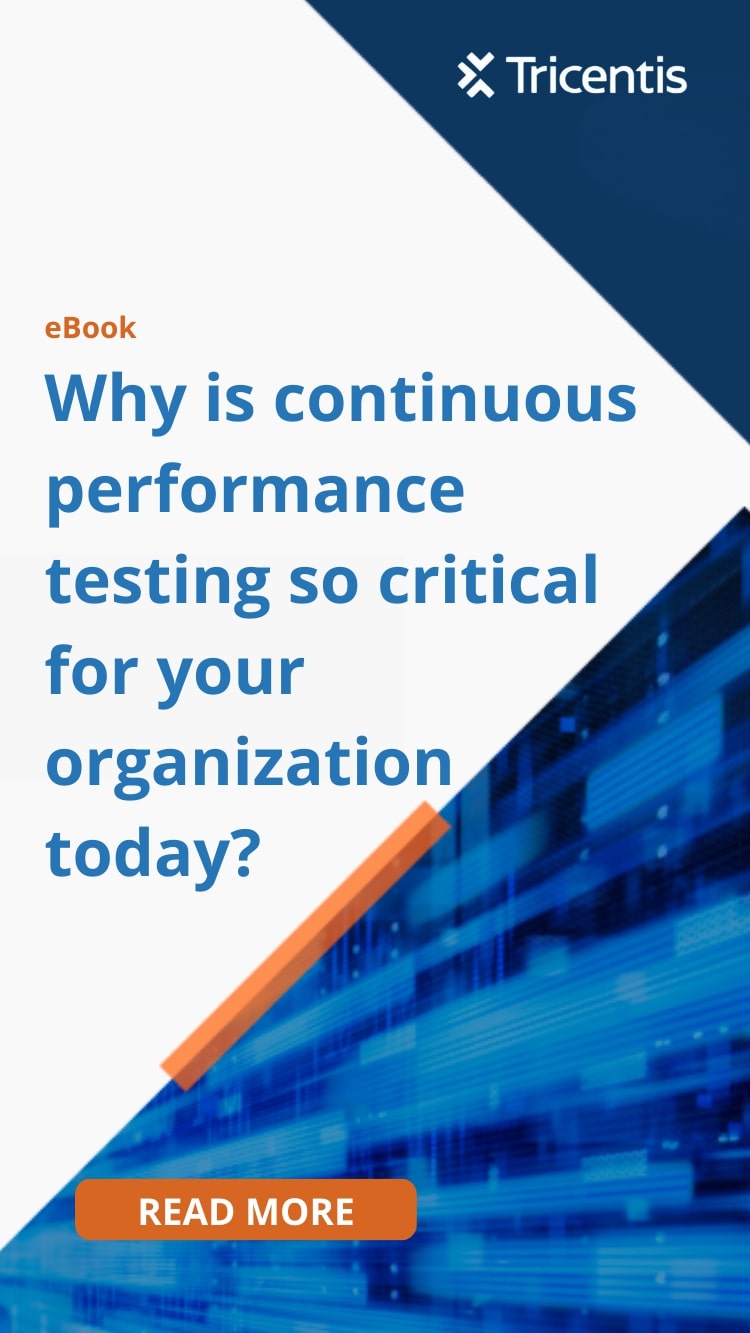Technology advances at lightning speed. Artificial Intelligence (AI) and automation have the most disruptive impact among new technologies.
Until recently, only large enterprises could afford AI and automation. But the availability of AI and automation in “as-a-service” mode has changed the landscape. Even small firms can now leverage AI and automation to propel their growth.
Here is how automation and AI are changing finance.
1. Efficiency boost through process automation
Competitive pressures shake finance out of its traditional laid-back moorings. Enterprises seek efficiency improvements to cut costs and improve speed. If finance holds up approval, the entire value chain gets delayed.
Traditional accrual-based accounting is inefficient. Repetitive tasks, inaccuracies, multiple stakeholders, and data sprawl create a mess. Errors and delays hold up approvals, blunting the competitive edge.
Process automation makes it easier for the accounts team to handle short-term and long-term processes.
Process automation:
- Collects and centralises information from data points. Stakeholders access real-time insights for financial, people, and operational data. The reduced spread of information reduces errors and offers a single source of truth.
- Recognises transactions instantly, reducing processing time.
- Reduce touch points and eliminate human labour from transactions. The accounts teams save time hitherto spent reconciling month-end accounts and preparing audits. Accuracy also improves.
- Deliver automated communications, such as transaction confirmation. Stakeholders remain in the loop, and fraud or error detection improves. Adding AI to automation takes care of repetitive tasks such as emailing invoices, sending reminders and following up.
Tools such as Workday offer enterprises adaptable architecture that enable fast pivot to adapt to business needs quickly. Efficiency also gets a turbo boost.
2. Improved accuracy through blockchain
Enterprises have always sought accuracy in finance. Accuracy has acquired life-or-death stakes in today’s digital age. Information flows fast with little chance to make amends.
Even a minor mistake in a line item can have a butterfly effect, skew projections, and derail the company’s growth. Inaccurate accruals risk the regulators or other stakeholders rejecting the finances. The consequences include loss of investor confidence, damaged reputation, employee burnout due to extra work, added costs for repeat work, and fines.
Of late, blockchain is gaining widespread traction in finance. Blockchain enables real-time, automatic processing and improves accuracy. The technology
- Eliminates the need to move numbers around in an account manually.
- Coordinates activities on both sides of the transaction simultaneously.
- Offers improved safeguards through transparency and permanency. The built-in safeguards prevent erasing or editing transactions.

The employee, for instance, does not have to move an item in a spreadsheet from “waiting for payment” to “paid.” Each transaction updates automatically, and employees do not have to scour paperwork to check the status of payments.
But the use of blockchain comes with some caveats. Blockchain is slow and energy intensive. It is not immune from hacking, either.
3. Enhanced insights and fraud detection to ML algorithms
One of the key mandates of finance is to generate insights from numbers. Most finance teams crunch numbers and deliver actionable information for decision-making.
Traditional analytics does work well but has limitations. Enterprises use AI to remove such constraints and unlock deeper insights. They train machine learning algorithms to:
- Make complex calculations and get instant, actionable results for competitive advantage. Formulas automate calculations. The automated analysis offers deeper insights. Doing complex calculations in manual mode may be theoretically possible but daunting. Applying AI offers deeper insights, including predictive analysis. It is impossible to generate such insights using first-generation analytical tools.
- Detecting anomalies and unusual activity. Often accounting frauds such as backdating are hard to detect. Until not too long ago, fraud prevention depended on the hardcoded rules set by domain experts. Fraudsters could discover those rules and game the system. AI-based solutions evolve and adapt to new data patterns, denying predictability to fraudsters. These algorithms sift through transactions and trigger warnings when something is out of line. Advanced algorithms work with unstructured data and identify patterns without requiring feature engineering.
AI-powered algorithms do not need breaks and apply the same rigorous standards to each transaction.
4. Automating complex tasks using RPA
Deploying RPA in accounting automates several monotonous tasks and reduces labour costs. The accounts staff, free of clerical work, can focus efforts on more valued-laden work. RPA also eliminates human error in financial processes and improves accuracy.
The introduction of AI enables deploying RPA for more complex tasks. Chatbots will, for instance, get better and more useful. Advanced RPA bots handle complex queries on finance and accounting. These bots have better natural language processing capabilities, making them easier to use. Incorrect declines reduce, and the higher success rates make the bots more cost-effective.
The latest chatbots co-opt advanced NLP techniques to decipher customer intent. Such chatbots also recognise emotions and adjust responses. For instance, the bot connects an angry customer to a human agent as soon as possible to prevent further frustration.
5. Unlocking new business models
AI will change business models for several finance-based business applications.
Machine learning models are robust and resilient to withstand shocks that falter humans. Also, algorithms process vast swathes of data in seconds. First-generation computing tools do not even come close.
The key areas where AI has already made an impact are credit scoring, Robo-advisory services, and algo-trading. As the technology matures, AI and automation will find their way to all financial transactions and dealings.
- Digitising documents and processing forms using optical character recognition (OCR) increases process efficacy. AI-based solution verifies records, streamlining financial enterprises’ know-your-customer (KYC) process. Deep Learning and Convolutional Neural Networks work with images to authenticate certificates. Insights and outputs that took hours to realise through manual methods or first-generation tools get done in seconds.
- Many establishments rely on credit scores to assess the creditworthiness of their customers. The traditional way of estimating creditworthiness by conducting interviews is subjective and guesstimate. AI enables a more objective and reliable process. Advanced classification algorithms scour demographical, income, transactional, and other relevant data and develop reliable credit scores in double-quick time.
- Companies and individuals have started to use Robo-advisory wealth management services in a big way. AI makes portfolio recommendations based on short- and long-term goals, risk preferences, and income. For establishments, proactive cash management can make a big difference in profitability.
- AI-powered bots find widespread applications in stock and crypto trading. Well-trained AI algorithms identify complex trading signals beyond the human brain’s comprehension. Also, these bots do not have emotions and, as such, do not make mistakes as humans do.
Amidst the possibilities, there is the risk of algorithms amplifying the risks. Responsible AI innovation depends on training algorithms and retaining human oversight.
Accounting departments are conservative and slow to change. But as the world adapts to new technology and digital transformation becomes inevitable, the finance team also has to change. Failure to change will drag the entire organisation with them.
Applying automation and AI blindly is counterproductive, though. CFOs must balance areas where automation makes sense and where human work delivers better results. Finance teams always benefit from human expertise. Successful CFOs track the capabilities of automated tools and upgrade the competencies of their team. They also use powerful tools such as Workday that enable the workforce to get the best out of technology.












